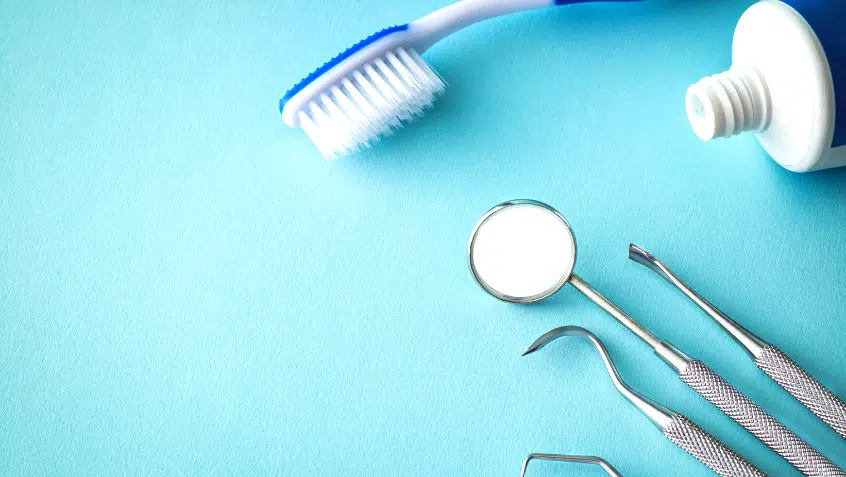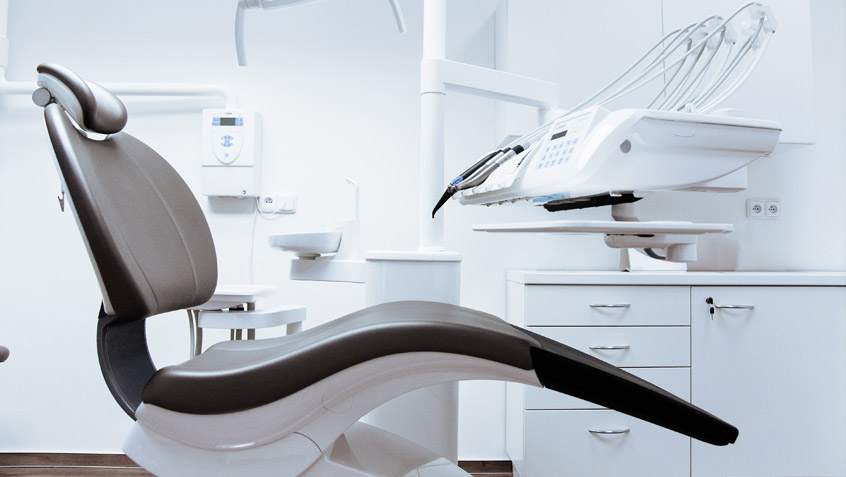Medicare Rights Urges Swift Passage of the Inflation Reduction Act of 2022
—Statement from Fred Riccardi, Medicare Rights Center President— Washington DC—The Medicare Rights Center strongly supports the Inflation Reduction Act of
Join Us Live for a Discussion on Medicare, Democracy, and the Future of Health Care
Medicare provides health coverage to over 67 million older adults and people with disabilities, paying for important medical care in hospital and outpatient settings. Nearly 12.5 million beneficiaries also rely on Medicaid, which helps with affordability through the Medicare Savings Programs (MSPs), and covers services Medicare does not, such as long-term services and supports. The Medicare Rights Center supports strengthening Medicare and Medicaid, modernizing benefits and financial assistance, and bolstering the workers and caregivers who deliver this vital care.
—Statement from Fred Riccardi, Medicare Rights Center President— Washington DC—The Medicare Rights Center strongly supports the Inflation Reduction Act of

As recently outlined, the Inflation Reduction Act of 2022 incorporates many of Medicare Rights’ long-standing recommendations to meaningfully improve the
Principles for Medicare coverage parity for substance use disorder and behavioral health.

The Medicare Rights Center joined nearly 250 national, state and local organizations in a letter to the leaders of the

Millions of older adults and people with disabilities lack access to affordable, essential dental care. This care is critically important

The Subcommittee on Oversight and Investigations of the House Committee on Energy and Commerce held a hearing this week on
Letter to the Senate Finance and House Ways and Means Committee leaders urging them to take action to improve Medicare coverage for people with substance use disorder and mental health needs.

This is part 4 of the helpline trends report series. Read part 1, part 2, and part 3. In 2020–2021,

Last week, Medicare Rights joined hundreds of national, state, and local organizations in a letter urging the U.S. Senate to
This report features select helpline trends and highlights the most commonly sought helpline and Medicare Interactive answers, providing a glimpse into the
information and coverage needs of Medicare beneficiaries and their families in 2020 and 2021.
—Statement from Fred Riccardi, Medicare Rights Center President— Washington DC—The Medicare Rights Center strongly supports the Inflation Reduction Act of

As recently outlined, the Inflation Reduction Act of 2022 incorporates many of Medicare Rights’ long-standing recommendations to meaningfully improve the
Principles for Medicare coverage parity for substance use disorder and behavioral health.

The Medicare Rights Center joined nearly 250 national, state and local organizations in a letter to the leaders of the

Millions of older adults and people with disabilities lack access to affordable, essential dental care. This care is critically important

The Subcommittee on Oversight and Investigations of the House Committee on Energy and Commerce held a hearing this week on
Letter to the Senate Finance and House Ways and Means Committee leaders urging them to take action to improve Medicare coverage for people with substance use disorder and mental health needs.

This is part 4 of the helpline trends report series. Read part 1, part 2, and part 3. In 2020–2021,

Last week, Medicare Rights joined hundreds of national, state, and local organizations in a letter urging the U.S. Senate to
This report features select helpline trends and highlights the most commonly sought helpline and Medicare Interactive answers, providing a glimpse into the
information and coverage needs of Medicare beneficiaries and their families in 2020 and 2021.